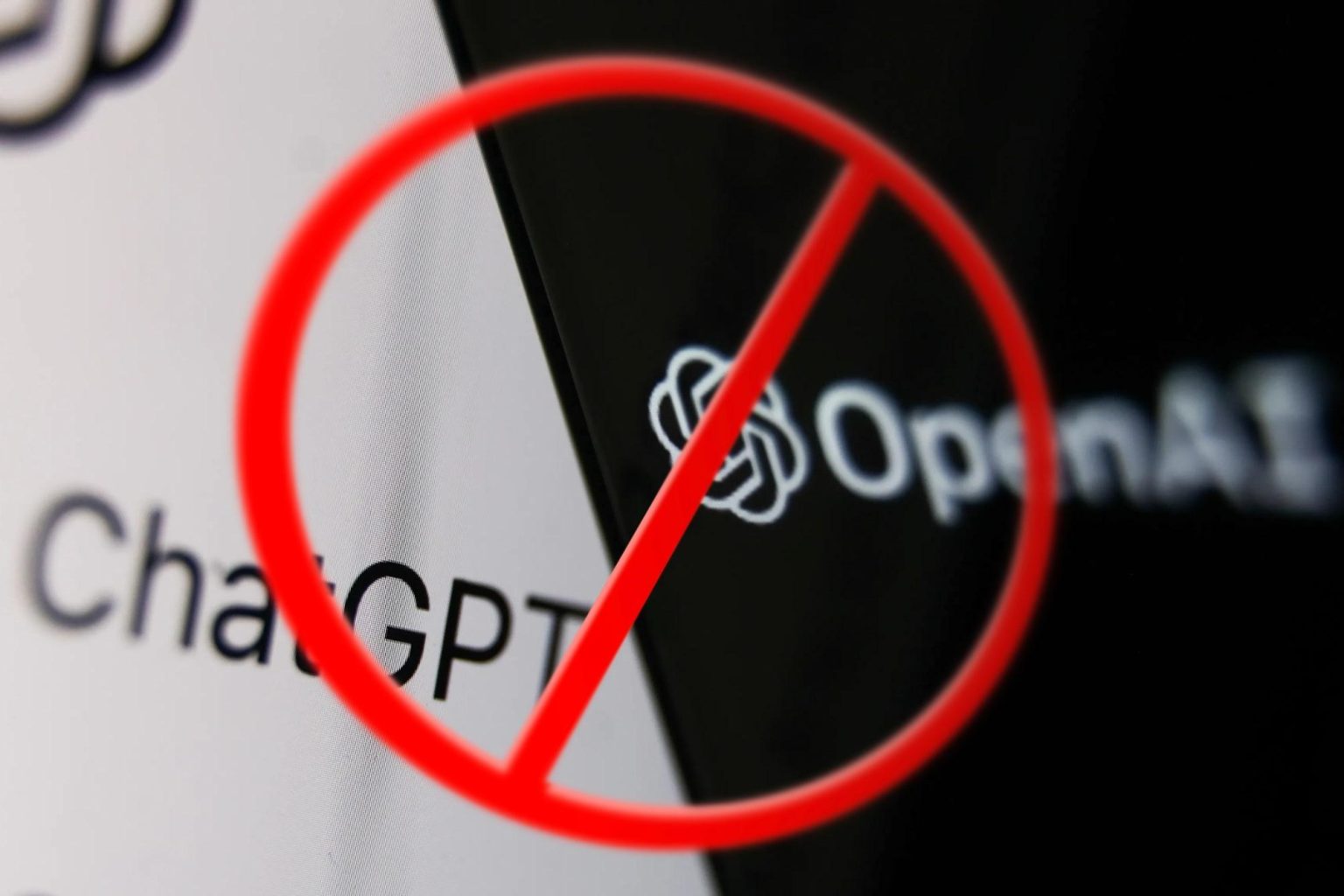Samsung has recently announced that it has banned the use of ChatGPT within the company. According to reports, Samsung is concerned that the use of the tool, an AI-powered language model developed by OpenAI, may pose a risk to sensitive company information. The company has cautioned its employees against using it for commercial purposes and has stressed that the ban will be strictly enforced.
The decision to ban ChatGPT comes after reports surfaced that the use of the AI-powered tool may lead to the leak of sensitive information, which could be harmful to Samsung and its clients. Samsung’s ban decision is in line with other companies, such as Apple and Google, which have also banned the use of AI-powered assistants within their organizations due to similar security concerns.
While Samsung’s decision to ban the use of ChatGPT within the company is recent, it is not the only instance of a tech company imposing a ban to protect sensitive information. In 2018, the US military banned the use of fitness trackers and other location-tracking devices due to security risks. This ban was prompted by the discovery that such devices could expose the location of troops and military bases, potentially putting them in harm’s way.

While Samsung’s decision to ban the use of ChatGPT within the company is recent, it is not the only instance of a tech company imposing a ban to protect sensitive information. In 2018, the US military banned the use of fitness trackers and other location-tracking devices due to security risks. This ban was prompted by the discovery that such devices could expose the location of troops and military bases, potentially putting them in harm’s way.
Similarly, in 2017, the US Department of Homeland Security (DHS) issued a directive banning the use of Kaspersky Lab’s antivirus software within federal agencies, citing concerns about the company’s ties to the Russian government. The DHS claimed that Kaspersky’s software posed a security risk due to the potential for the company to provide backdoor access to sensitive government systems.
The move to ban the A.I.-assisted tool has been welcomed by many experts in the field of cybersecurity, as well as it has been adopted by other online commercial businesses like the Ontario Online Slots for Real Money which have long warned about the potential risks associated with the use of foreign AI technologies. The risks of sensitive information leaks are too great for many organizations to ignore, and they are taking steps to mitigate these risks.
Other examples of bans by tech companies to protect sensitive information include Google’s ban on the use of Google Glass in movie theaters and casinos, and the ban on drones at major events like the Super Bowl.
The importance of data security and privacy in the workplace cannot be overstated. As technology continues to evolve, companies must be vigilant about protecting sensitive information from unauthorized access. While bans like the one imposed by Samsung may seem extreme, they are necessary to ensure that companies are taking all necessary steps to protect their assets.

Samsung’s decision to ban the use of ChatGPT underscores the importance of data security and privacy in the workplace. As technology continues to evolve, it is critical for companies to remain vigilant and to take all necessary steps to protect sensitive information from unauthorized access. The ban on ChatGPT is a step in the right direction for Samsung and other companies that take data security seriously.
Moreover, the risks associated with AI-powered tools have been widely recognized in recent years. AI-powered chatbots, for example, have been found to be vulnerable to attacks by hackers who can manipulate the system to gain access to sensitive information. In 2020, a major breach of Twitter’s security resulted in the hack of high-profile accounts, with the perpetrators using AI-powered chatbots to manipulate employees into giving them access.
In conclusion, Samsung’s decision to ban the use of ChatGPT within the company is a prudent step to ensure data security and privacy. It is part of a larger trend of tech companies taking proactive steps to protect sensitive information from unauthorized access. While bans like this may be seen as extreme, they are necessary in today’s rapidly evolving technological landscape. Companies must be vigilant in their efforts to protect their assets, and the ban on ChatGPT is a clear example of this commitment.

